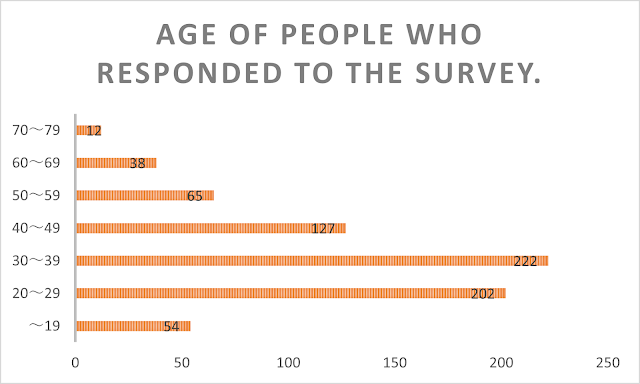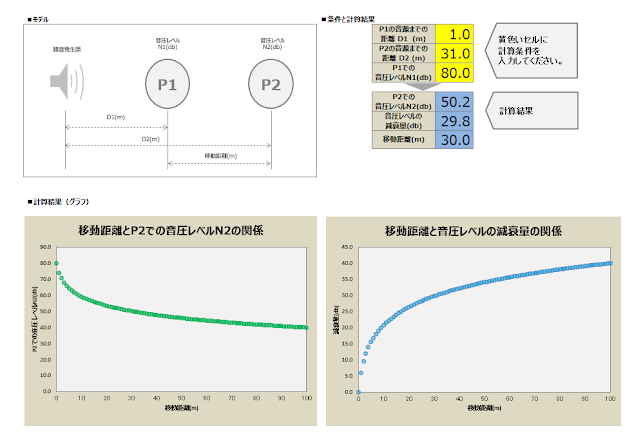Q. Have they ever had a trial regarding children's noise in Japan?
Q1. Have they ever had a trial regarding children's noise in Japan? What was the judgement of a trial?
Q2. If they have had,what was the judgement of the trial?
A.The answer to the first question is yes. And then, I would like to introduce you some examples of
actual court cases in Japan involving sounds made by children and educational
facilities.
【Case1】Tokyo District Court, October 3, 2007
The defendant's eldest son (3~4 years old at the time) was complained of the noise produced when he ran, jumped and bounced in the hallway. The performance of the structure of the second floor of this building in terms of heavy impact sound insulation was about LH-60. According to the sound insulation performance standard for buildings of the Architectural Institute of Japan, this is a slightly inferior level in terms of sound insulation performance for apartment buildings. However, this condominium was intended for a family of three bedrooms, and children were also expected to live in it.
From around April 2004 to November 17,
2005, the Plaintiffs were affected by noise at a level of 50~65 dB, which is
quite loud, almost every day. The noise often reached plaintiff's dwelling
after 7:00 p.m. and sometimes even late at night. Under the circumstances
described above, it is natural for the defendant to take good and sincere measures
by adopting a living manner, such as disciplining the defendant's eldest son,
so that the sound would not reach the plaintiff's dwelling unit, especially at
night.
Nevertheless, although the defendant put
mats on the floor, it was not clear how effective they were, and it was also
not clear what other measures the defendant took. It was confirmed that the
defendant's response was extremely dishonest. For example, defendant did not
want to take up the plaintiff's offer, and said to the plaintiff in a violent
tone “We can’t be quieter, and if you have any complaints, tell the building.”
As a result, the plaintiff had no choice but to purchase a sound level meter to measure the sound in preparation for lawsuits and other actions. The plaintiff's wife suffered emotionally and also developed symptoms such as an abnormal sensation in her throat, loss of appetite, and insomnia.
In consideration of the various points mentioned above, the noise in this case exceeded the limit of what the plaintiff should have had to endure in general social life. The court ruled that 300,000 yen is a reasonable amount of compensation for the plaintiff's suffering.
【Case2】Kobe District Court, February 9, 2009
The
nursery facility in the issue was a licensed nursery school in Kobe City that
opened on April 1, 2006. It had a capacity of approximately 120 children and
was open from Monday to Saturday, from 7:00 a.m. to 7:00 p.m. The building was located at a distance of about 10 meters from the home of the man
who filed the lawsuit against the nursery school.
Since July 2004, the nursery school operator had been
holding explanatory meetings for the residents in the neighborhood regarding
the construction of the new facility.
Neighboring residents expressed concern about the noise generated by the children's voices, etc., and expressed their opinions to maintain the current living environment as much as possible, such as using soundproof glass for the windows of the daycare center and making the fence on the boundary of the property noise-proof. Based on these opinions, the nursery school operator made plans such as changing the location of the school yard, but discussions with the residents of the neighborhood were difficult.
Therefore, in addition to the residents' explanatory
meetings, the nursery school operator made the following agreements with
individual neighborhood residents as part of its noise control measures.
1.The windows of the neighboring residents' houses
will be fitted with double sashes at the nursery school operator's expense.
2.The distance from the boundary line between the
day-care center facility and the residents on the west side of the building
will be changed from 1,649 mm to 2,000 mm.
In parallel, the operator constructed a 3-meter-high soundproofing wall. However, one male resident of the neighborhood was not satisfied with this and claimed that the noise from the nursery exceeded the acceptable limit, causing problems in his daily life, and that he had suffered psychological damages. In addition to claiming 1,000,000 yen in compensation for damages, the client demanded to make soundproofing equipment so that the noise from the nursery school would be less than 50 dB.
A survey
of the environment showed that the measured noise level on the men's house
premises did not exceed the standard for acceptable daytime sound. On the other
hand, the measured noise level at the boundary of the nursery's property was
found to exceed the standard.
However,
taking into consideration the fact that the noise was not constant and that the
nursery school operator had made efforts to implement noise measures, it was
not found that the noise level exceeded the limit of what should be accepted in
social life. Although it
was evident that the man suffered mental and psychological discomfort due to
the noise from the nursery school, in the end, the court
concluded that there was no illegality on the part of the operator
and rejected the man's claim for compensation and the installation of
soundproofing equipment.
Published by Galina
__________________________
Sources and references:
https://mansionbengo.jp/seikatsu/souon-kodomo 弁護士によるマンション管理ガイド 根岸透 "Lawyer's Guide to Condominium Management”, Negisi Toru, accesed June 30, 2023
https://www.shiga-u.ac.jp/rcse/wp/wp-content/uploads/7562332d36fef6ee281be668f4f1e03d.pdf 学校と騒音をめぐる法的問題 "Study on the Noise Nuisance from School", 渡辺曉彦 滋賀大学教育学部, Akihiko Watanabe, Faculty of Education, Shiga University, accesed July 6, 2023
https://komon.jmatsuda-law.com/legal-note/2017_4_1 松田綜合法律事務所 Matsuda&Partners, accesed July 6, 2023
Published by Galina


It's good that you showed court cases that ruled both for and against those being accused of not taking proper precautions to reduce the negative effects of children's noises toward neighbors. This really shows that each case has to be decided on its own merits and it's hard to make generalizations.
ReplyDelete